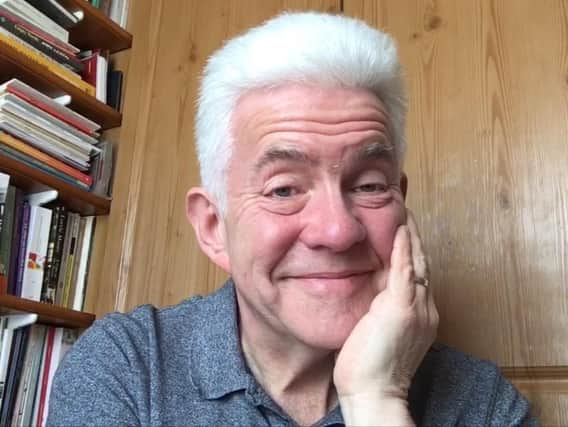Here's my advice for writers; if you’re stuck, try something else - Ian McMillan


I was thinking about these moments of stuckness, to use a technical term, when I came across the obituary of Barry Mason, who wrote the lyrics to such memorable songs of the 1960s as Delilah by Sir Tom Jones and Love Grows (Where My Rosemary Goes) by Edison Lighthouse.
Apparently one day Mason and his writing partner, the great Les Reed, were due to go golfing but the weather intervened and the golf was called off so the pair of them went back to Reed’s place and wrote the first drafts of Delilah, another Jones hit, I’m Coming Home, and The Last Waltz, which was a huge hit for Engelbert Humperdinck. That was the most profitable rain shower ever, I reckon.
Advertisement
Hide AdAdvertisement
Hide AdI tried to imagine the scene: the golf clubs abandoned in the hall, the dripping coats hanging up. The kitchen table covered in sheets of paper; the steaming mugs of tea. Maybe Les Reed had a guitar or perhaps he sat at a piano.
Perhaps Barry Mason paced up and down with a reporter’s notebook in his hand or maybe he sat at the table and covered the aforementioned scattered sheets with a spidery scrawl.
Suddenly Mason spoke, rhythmically: “I’ll have the last waltz with you, two lonely people together…” Reed picked out a waltz tune and the two of them perhaps began to dance around the restricted space.
Then maybe the rest of the words and the next bit of the tune wouldn’t come. The waltzing stopped. The rain stopped too and a shaft of sunlight blazed against the curtains. Mason spoke again: “I saw the light on the night that you passed by my window…”
Advertisement
Hide AdAdvertisement
Hide AdReed played a dramatic chord. There was a moment of silence and then Mason half-spoke, half sang: “I saw the flickering shadows of love on your blinds…” And Delilah was born. And The Last Waltz was a quarter-written.
Then I imagine they might have had another cup of tea because, although they’d made good starts on the two songs, they felt a bit stuck.
As the kettle boiled, Reed began to sing a melody and Mason began to improvise some lines: “I’m coming home to your loving heart, to the one that I once threw away and broke apart…” and the two of them started to create the next song.
So there’s the lesson for writers like me; if you’re stuck, try something else. Sometimes when you’re writing things you will be given a free gift, some inspiration, but the rest of the time you’ve just got to keep starting again.
Rain and an abandoned round of golf aren’t essential. But they might help.